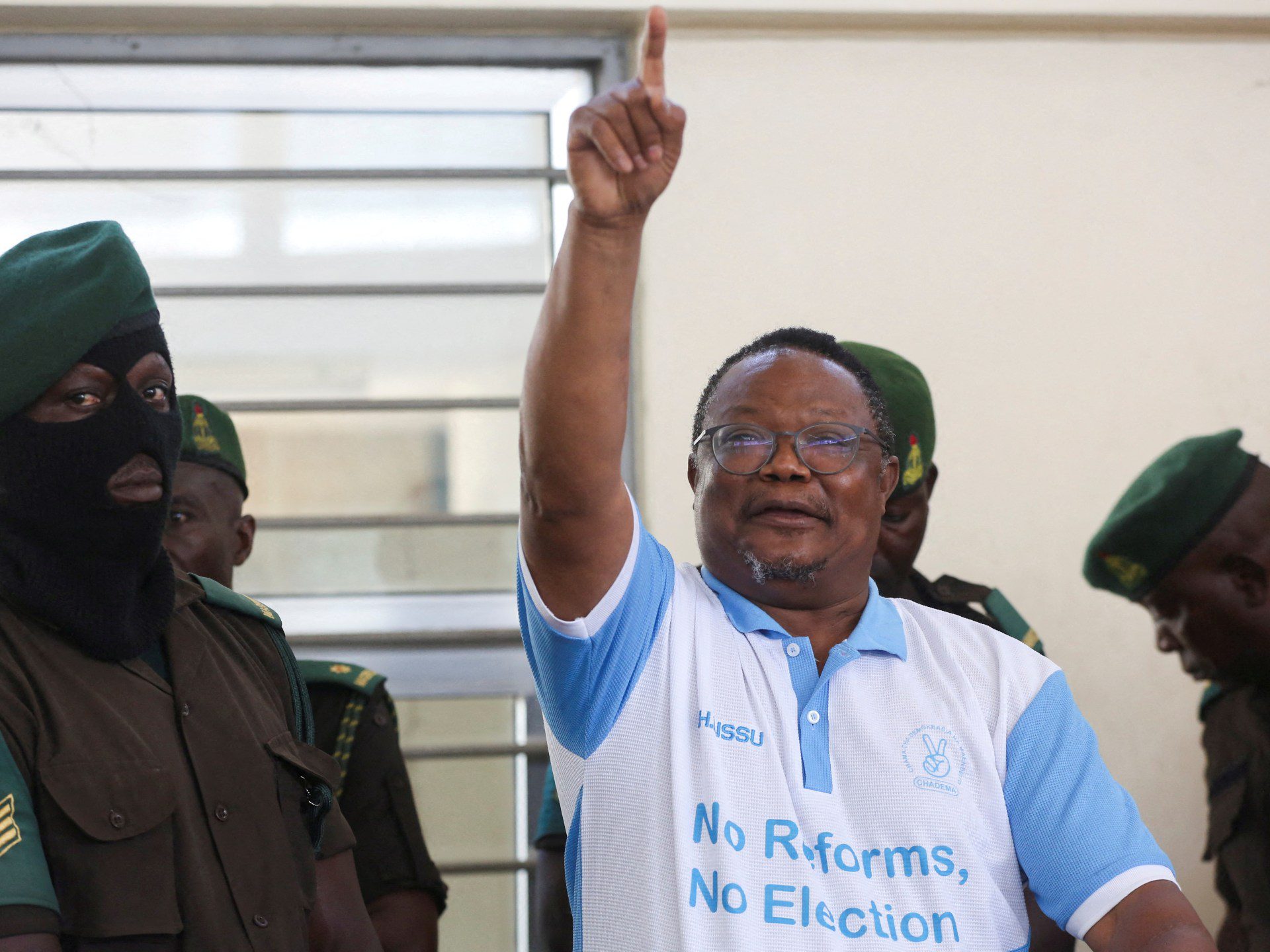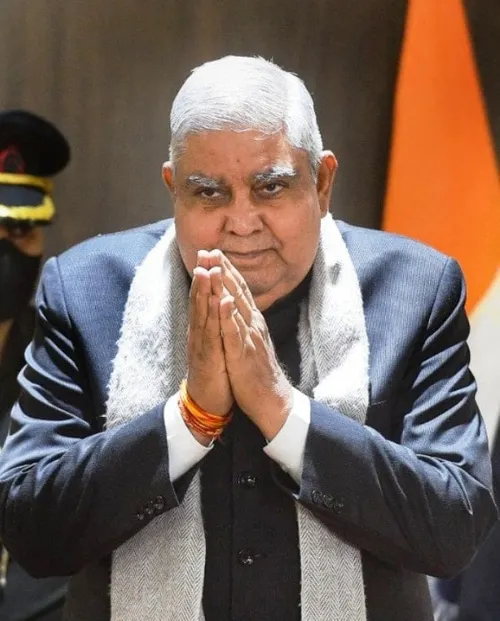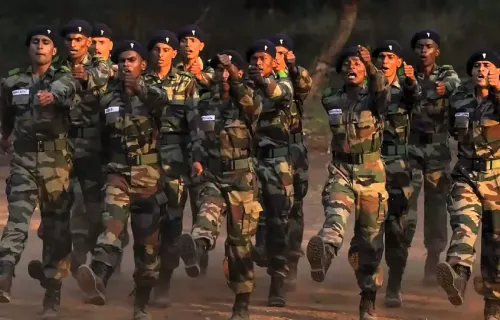Last week, Ugandan lawyer Agather Atuhaire was finally set free five days after she was detained by the Tanzanian police for unclear reasons. She was unceremoniously dumped at the Mutukula border crossing between the two countries.
Details of Atuhaire’s condition remain unclear, but a statement from the organisation she works with as well as Kenyan activist Boniface Mwangi, who was detained with her, alleged that she was tortured. He himself showed signs of physical abuse after he was also dumped at the Kenya-Tanzania border a day earlier.
For East Africans, Atuhaire and Mwangi’s ordeal has been a painful reminder of just how far democracy in the region has retreated. People organising to resist state excesses have been increasingly facing structural and physical violence with little space for redress.
Mwangi and Atuhaire were among a small group of regional activists and political figures who flew into Tanzania to show solidarity with Tundu Lissu, the leader of the Tanzanian opposition. Lissu is facing several charges, the most grievous among them treason, for comments he allegedly made at a political rally.
But Lissu is not alone in the region in facing reprisals for political action. In neighbouring Uganda, leader of the opposition Kizza Besigye is facing the same charges, based on the same idea that organising and leading opposition against an entrenched political power amounts to treason.
Meanwhile, in Kenya, the aftermath of the 2024 anti-finance bill protests is haunting the country. In the absence of a well organised political opposition, which is stymied by frenetic deal-making and horse-trading, protesters and youth activists have become the country’s unofficial political opposition.
The youth have borne the brunt of political violence during last year’s protests, which killed at least 82 people. Kidnappings and abductions of protesters spiked after the demonstrations, and activist groups alleged that some people remain unaccounted for despite President William Ruto’s assertion to the contrary.
In Burundi, people continue to live under the shadow of police excesses and in fear of the possibility of war with its expansionist neighbours.
In Rwanda, several opposition figures who tried to run against President Paul Kagame were jailed on various charges. The neighbouring Democratic Republic of the Congo is perennially caught between war and political crisis.
So how did we get to this state of affairs? The simplest answer is that we allowed ourselves to conflate elections with democracy, and the malicious intentions of those who wield power took advantage of that faith. The reality of building robust democratic systems is far more complicated than lining up to vote every four or five years, and real democracy requires round the clock vigilance.
A meaningful democracy requires robust local government, transparent political parties as well as institutional accountability and participation, all of which have been on the retreat in the region in the past two decades.
Power has remained highly centralised in the executive, enabled by the capitulation of legislatures and the “naomba serekali” (“I am requesting of the government”) approach to politics.
Parliaments are empowered by the legitimacy of a popular vote, but they repeatedly submit to the executive. Proof of this can be easily found in the experience of women trying to run for office in the region.
As outlined in a 2018 volume on the Kenyan election that I co-edited, Where Women Are: Gender and the 2017 Kenyan General Election, the weakness begins within political parties, in which candidates must kowtow to a kingpin to gain permission to appear on the ballot. Those who do not are often locked out from competitive electoral cycles. As a result, save for constitutional quotas, women’s participation in electoral politics has declined – a canary in the coalmine of shrinking democratic space.
Meanwhile, parties have mastered the art of managing gender optics as a substitute for real change, reducing debates about democracy to the periodic performance of voting. Thus, Samia Suluhu’s presidency in Tanzania is not a sign of improving democracy but rather that of a political machine that picked the least contentious candidate who would allow the ruling party, Chama Cha Mapinduzi, to continue managing the country. Similarly, the dominance of women in Rwanda’s parliament is not in itself indicative of progress for women but of the ability of the ruling party to select candidates who are less likely to push back.
Once these candidates are laundered through the political party machine, they enter the legislature more beholden to their political kingpin than to voters. And this is the case whether the kingpin is in government or in the opposition.
In Kenya, opposition candidates like Edwin Sifuna, who vociferously defended the rights of protesters during the June 2024 protests, have become tongue-tied in 2025 because their party kingpin has since struck a deal with Ruto and blind obeisance is the only guaranteed pathway to power in this system.
In Uganda, politicians are bought off with state cars and loans, and in Tanzania, they are silenced by arrests, detentions and disappearances of critics of the state. The net effect is that elections become a performance whose actual impact diminishes rapidly over time.
A quick scan of global politics will affirm that this is not a uniquely East African problem. The same crisis is taking shape in the United States, particularly after the evisceration of the Republican Party by Tea Party politics and of the Democratic Party by careerist politicians.
But the events of the last week show that for East Africa, an extra layer of risk exists because of the unquestioning and blind loyalty of security services to the whims of the state – something the current US administration seeks to build into the Immigration and Customs Enforcement agency.
The long-term solution to this state of affairs is for ordinary people to become more engaged in localised democratic practices, changing the quality of people who rise up the ranks in politics. Of course, this can be difficult when people are merely trying to survive a hostile political and economic climate, but in the long term, it creates new entry points for civic engagement.
Democracy is strengthened when more people participate in the governance of civic institutions like schools, hospitals, trade unions, cooperatives, neighbourhood associations, and even sports and social clubs – in processes that they can immediately connect to their quality of life.
Elections then become the culmination of four or five years of regular exercises of democracy, not a separate process that floats above the reality of people’s lives.
In parallel, the onus is on the legislators of East Africa to find their teeth and their purpose. Their job is not political survival or the pursuit of political careers. Their job is to defend the people who elected them, to rein in the excesses of the executive and to defend the integrity of the constitution.
Meanwhile, we, the people, should all heed the call of Nigerian public intellectual Tajudeen Abdul-Raheem: “Don’t agonise, organise,” and seek to rebuild democracy in East Africa from the ground up.
The views expressed in this article are the author’s own and do not necessarily reflect Al Jazeera’s editorial stance.
Anurag Dhole is a seasoned journalist and content writer with a passion for delivering timely, accurate, and engaging stories. With over 8 years of experience in digital media, she covers a wide range of topics—from breaking news and politics to business insights and cultural trends. Jane's writing style blends clarity with depth, aiming to inform and inspire readers in a fast-paced media landscape. When she’s not chasing stories, she’s likely reading investigative features or exploring local cafés for her next writing spot.






